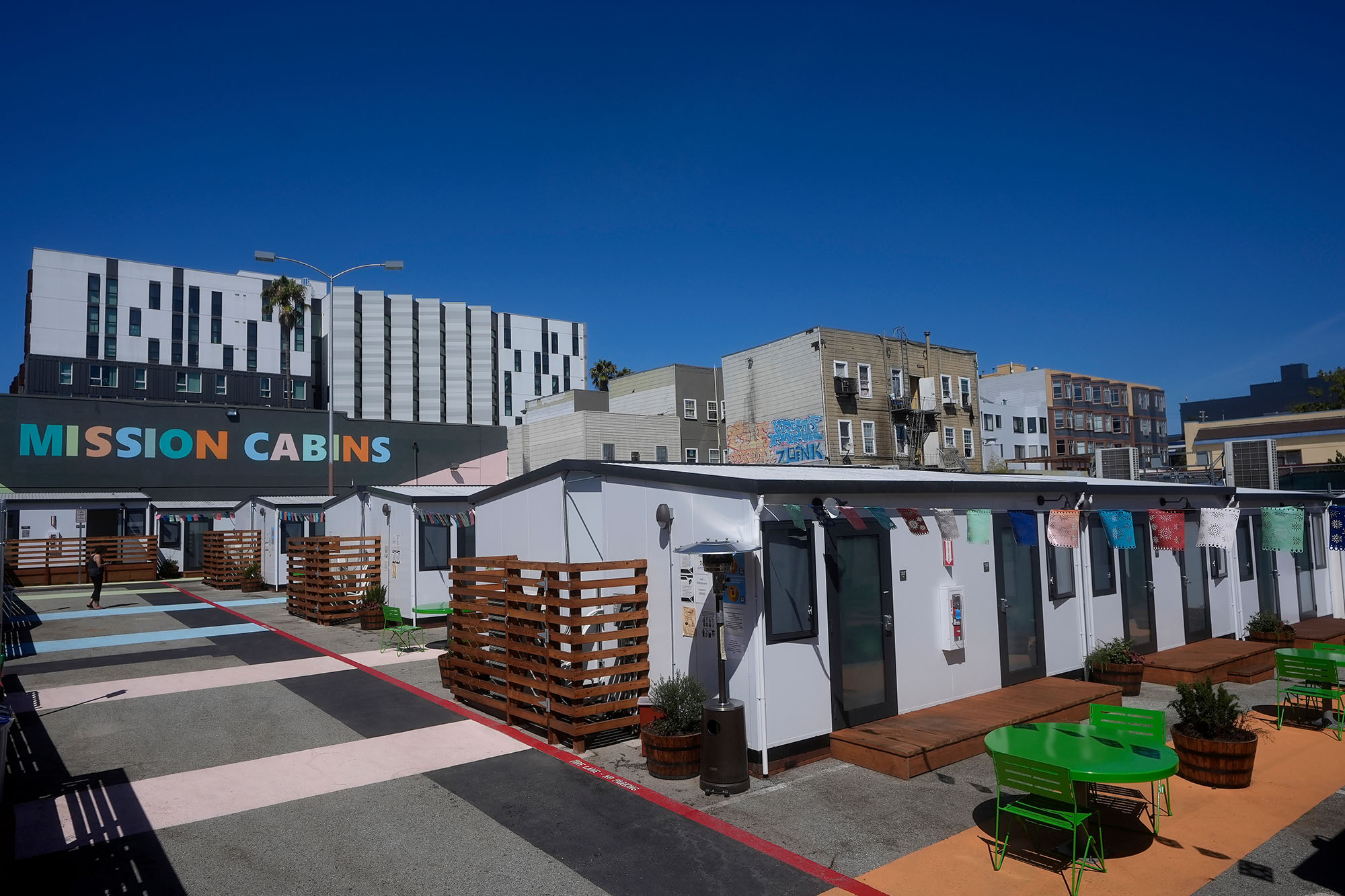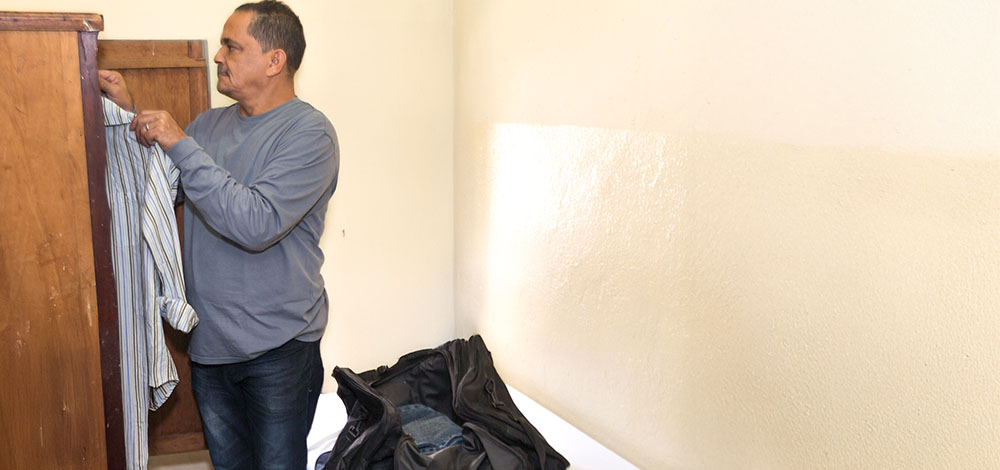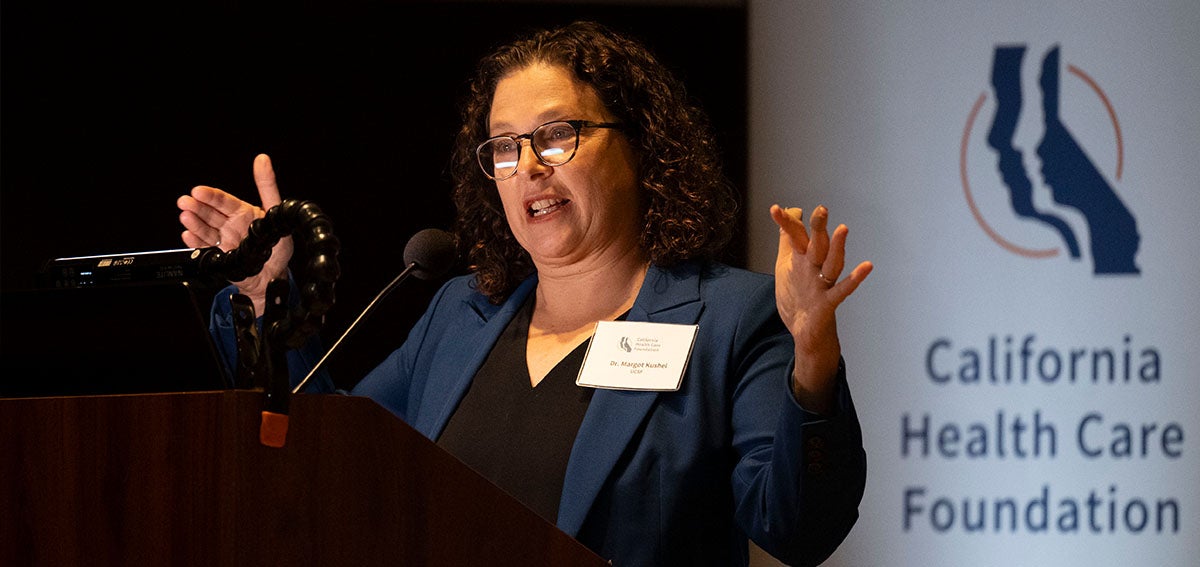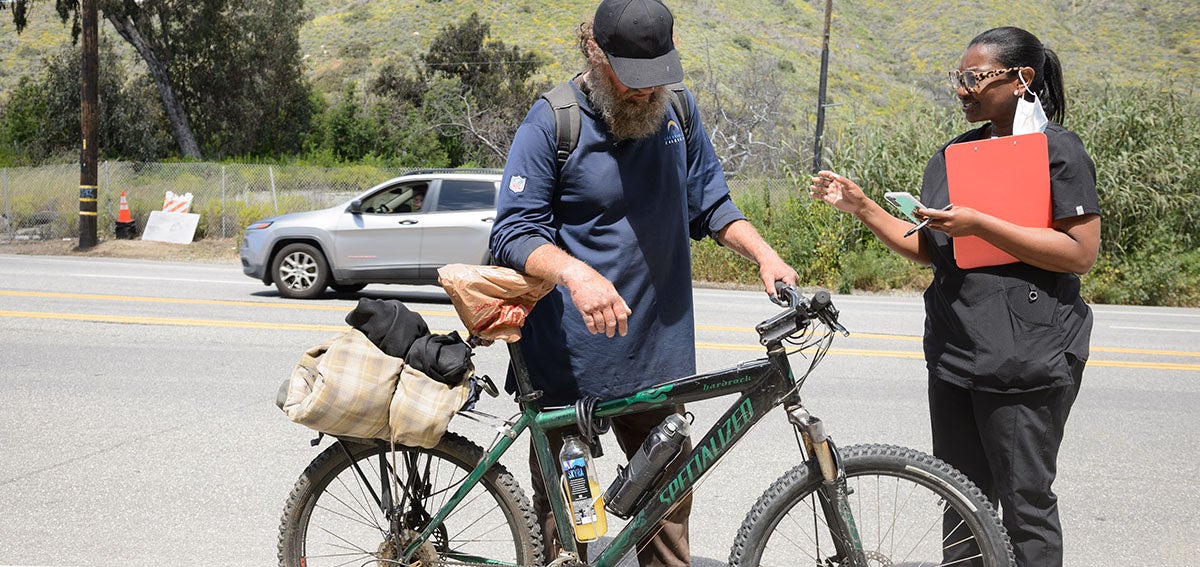Key takeaways
- Not only did Project Roomkey (PRK) meet its original goal of saving the lives of people experiencing homelessness, the program also enhanced how interim housing is designed and operated in some communities across California.
- California’s government and its robust infrastructure for providing services to people experiencing homelessness supported a quick design and implementation of Project Roomkey. PRK also encouraged new partnerships to form among local government agencies and homeless services and health care providers. The quick design and program implementation and the infusion of federal, state, and local resources to create and operate this program were unprecedented in their speed and scale.
- PRK sites had features often unavailable in other emergency shelters or interim housing settings. Most PRK participants reported having a positive experience at the hotels and motels. This model for providing shelter gave people autonomy, privacy, and safety. Communities reported that some PRK participants had previously been unwilling to use shelter programs. PRK enabled some participants to receive health care and other services for untreated health conditions for the first time since they began experiencing homelessness.
Project Roomkey (PRK) was an innovative statewide effort established by the State of California in 2020 at the onset of the COVID-19 pandemic. Overseen by the California Department of Social Services, PRK placed people experiencing homelessness who were medically vulnerable and unhoused — that is, living on the street or in congregate shelters — into noncongregate shelters: hotel rooms, motel rooms, or trailers. The use of these noncongregate shelters, or “PRK sites,” was intended to protect the health of program participants by limiting their exposure to COVID-19 and to minimize the anticipated strain on the health care system by limiting the spread of the virus. PRK participants also received limited on-site supportive services. California was the first to use this approach.
PRK served approximately 62,000 people during its period of operation. The program was its most robust from April 2020 through June 2021, peaking at more than 16,000 committed hotel and motel rooms in October 2020. After June 2021, the program began to slowly ramp down.
Project Roomkey Participant Feedback
“Having a safe place to sleep every night makes a world of difference in being able to search for jobs.”
“I can’t be on the streets with my conditions. My kidneys are okay — living here has allowed me to take my medicine. I have a place to put my insulin (I take two different kinds). Sleeping on the cement is bad on my hips (I’m getting a hip replacement). I am taking my medicine and seeing the doctor since living here. Previously, I would skip appointments, and I haven’t missed any since moving in.”
“They provided laundry services and sheets. There were nurses, doctors, and housing services. They helped me with my forms and got me vouchers so I could get an ID. They’d help you with anything. They gave you clean clothes, toiletries. Anything I asked I got it. They give you an avenue to get what you need, and they send you where you need to go. They helped you get on your feet. They help with housing services.”
To understand PRK successes and challenges, CHCF and the Conrad N. Hilton Foundation contracted with Abt Global to evaluate the PRK program. In the evaluation researchers also looked at the experiences and outcomes of PRK participants.
Read Project Roomkey Evaluation Final Report on the Abt Global website.
The report was prepared by a team at Abt Global that included the following people:
- Nichole Fiore, Principal Associate
- Lauren Dunton, Principal Associate
- Sarah Gibson, Principal Associate
- Ciara Collins, Associate
Authors & Contributors
Abt Global
Abt Global is an international research firm who conducts research projects on social issues.




